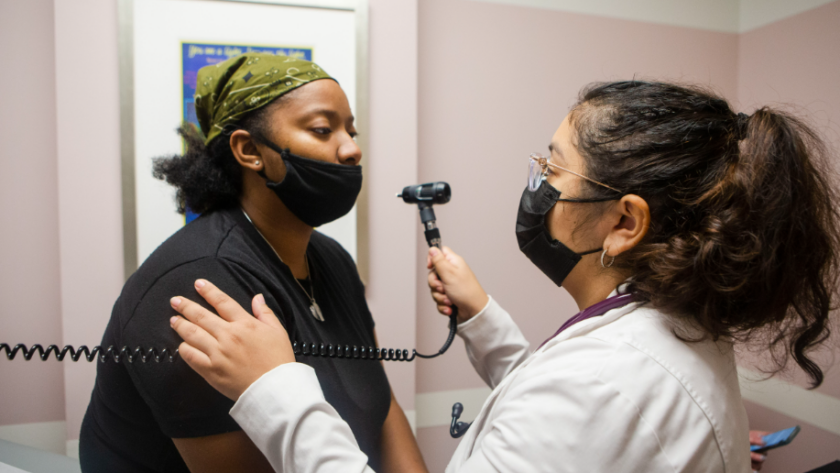In recent years, there has been a noticeable shift in healthcare trends, with many Metro Atlanta residents seeking out Black physicians for their medical care. As patients become more knowledgeable about the importance of cultural competency, trust, and personalized care, many are discovering the immense value that Black physicians bring to the healthcare experience. At WES BMD, we understand the growing importance of these factors and are proud to serve the community with compassionate, culturally aware care. In this post, we’ll explore why more people are choosing Black physicians and how this trend is positively impacting healthcare in Metro Atlanta.
Cultural Competency and Better Communication
One of the primary reasons why residents of Metro Atlanta are opting for Black physicians is the cultural competency that these doctors often bring to the table. Black physicians have a unique understanding of the cultural, social, and historical experiences of Black and African American patients, which can significantly improve communication. This deeper understanding of cultural nuances helps to build stronger doctor-patient relationships based on trust and respect.
For patients from underrepresented communities, it’s especially important to feel heard and understood. Black physicians can often relate to the challenges that these patients face, from healthcare disparities to issues related to discrimination. This connection allows for more open, honest communication, which in turn fosters better health outcomes.
Personalized, Empathetic Care
Patients often find that Black physicians are more empathetic to their needs and concerns. The ability to feel seen and heard in a medical setting can make a profound difference in a patient’s overall health experience. Whether it’s taking extra time to discuss treatment options or ensuring that the patient feels comfortable and respected, Black physicians prioritize creating an environment where patients can thrive.
Empathetic care also means being mindful of the individual’s lifestyle, beliefs, and concerns. For many, this kind of personalized care leads to better compliance with medical recommendations, greater satisfaction with their healthcare experience, and improved outcomes.
Addressing Health Disparities
Health disparities, particularly in communities of color, are an ongoing issue in the United States. Black Americans are disproportionately affected by certain health conditions, including heart disease, diabetes, and hypertension. Having Black physicians who understand these issues firsthand allows for a more targeted approach to addressing these disparities.
Black doctors often have a deeper knowledge of the specific health risks and preventative measures within the community, allowing them to offer specialized guidance. By choosing Black physicians, Metro Atlanta residents are ensuring that their healthcare provider is not only knowledgeable about their medical needs but also sensitive to the socio-economic factors that may contribute to those health challenges.
Building Trust and Improving Patient Engagement
Trust is the cornerstone of any effective doctor-patient relationship, and for many Metro Atlanta residents, choosing a Black physician is an opportunity to build that trust from the start. For some, previous experiences with healthcare providers have been tainted by feelings of mistrust or a lack of understanding. With a Black physician, patients are often more comfortable discussing their medical history and concerns, knowing that they are being cared for by someone who can relate to their experiences.
Moreover, Black physicians tend to have a high level of patient engagement, ensuring that their patients are not just receiving medical treatment but also actively participating in their healthcare journey. This collaborative approach empowers patients to take charge of their health, improving both short-term and long-term outcomes.
Contributing to a More Inclusive Healthcare System
The growing trend of choosing Black physicians in Metro Atlanta is not just about individual care but also about contributing to a more inclusive healthcare system. Representation matters, and when Black physicians are seen leading medical practices, it opens doors for greater diversity within the field. It also helps to break down systemic barriers that have historically limited opportunities for Black professionals in medicine.
By supporting Black physicians, Metro Atlanta residents are helping to foster a more diverse healthcare workforce that is better equipped to meet the needs of all patients. This contributes to an overall improvement in the quality of care for the entire community, ensuring that healthcare becomes more equitable for everyone.





